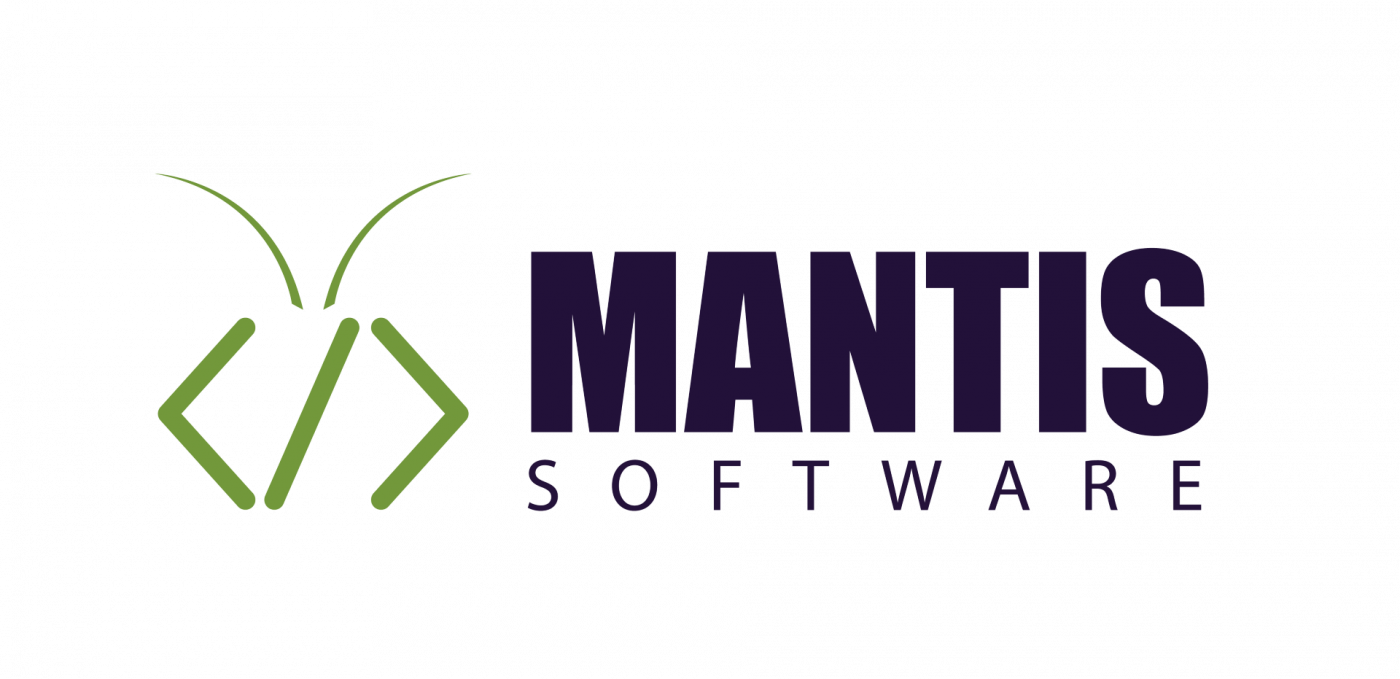The importance of an efficient management system for industrial safety, occupational health, quality and environment.

In the current industrial and business context, the implementation of an efficient management system that covers industrial safety, occupational health, quality and the environment is not only a matter of legal compliance, but also an ethical and strategic imperative for any organization. Protecting employees, ensuring safe working conditions and optimizing production processes are fundamental pillars that not only improve the quality of life of workers, but also the productivity and competitiveness of companies.
Legal aspects
National and international regulations, such as the ISO 45001 for the management of occupational health and safety, or the ISO 14001 for environmental management, they establish clear frameworks for the protection of workers and the environment. These regulations impose responsibilities that cannot be ignored. Complying with these regulations not only avoids sanctions, but also strengthens the company's reputation, fostering trust among customers, employees and business partners.
Formal aspects
The formal design of an effective management system should include clear policies, standardized procedures, regular training and internal audits. These elements ensure that risks are identified and managed appropriately. They also promote a culture of prevention and continuous improvement in operations. The establishment of performance indicators also allows monitoring the impact of the measures taken, ensuring that the system is dynamic and evolves based on changes in the work and legal environment.
Psychological aspects
Employee mental health and wellbeing is increasingly recognised as essential to a company's productivity and sustainability. A safe and healthy work environment reduces stress, anxiety and absenteeism, promoting a positive organisational climate. Employees' perception of their safety and wellbeing has a direct impact on their motivation, commitment and performance. Implementing occupational health programmes and promoting safety at work not only protects workers physically, but also emotionally.
Productivity benefits
Investing in a comprehensive management system not only improves working conditions, but also translates into operational gains. Workplace accidents and occupational diseases generate significant direct and indirect costs: loss of time, medical expenses, decreased morale and impact on operational continuity. A system that reduces these risks becomes a key driver of efficiency. In addition, responsible environmental management can optimize the use of resources, improve sustainability and reduce waste, contributing to cost savings and a better corporate image.
Conclusion
An efficient management system in health, safety, quality and environment not only protects employees, but also boosts the sustainability and competitiveness of companies. Complying with legal regulations, adopting formal procedures, taking care of the psychological health of workers and taking advantage of the productivity benefits is not optional in an increasingly globalized and competitive business world; it is a strategic necessity. Investing in this type of management is investing in the future, not only of the company, but also of its employees and society as a whole.
Source: SAFETYMANTIS.COM


